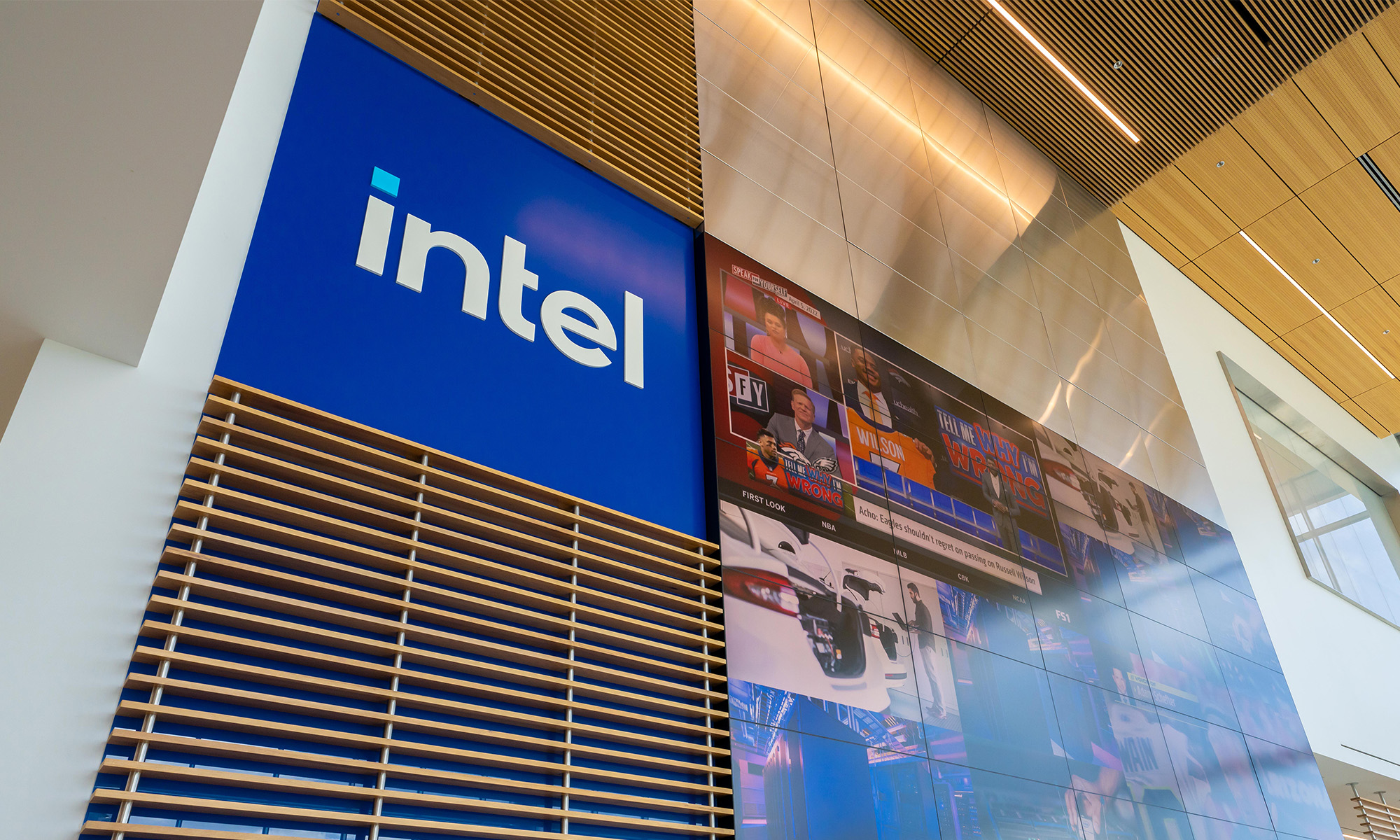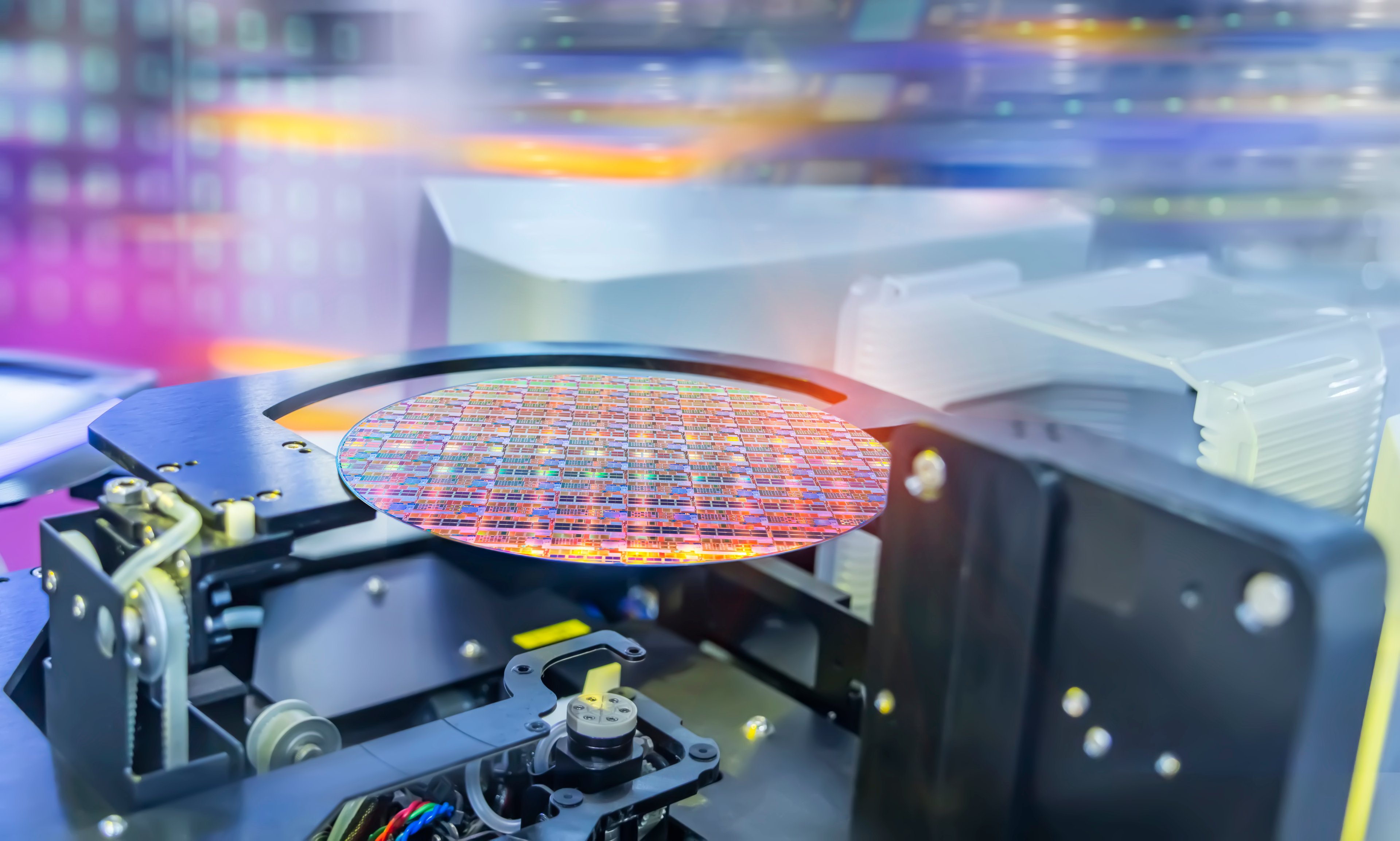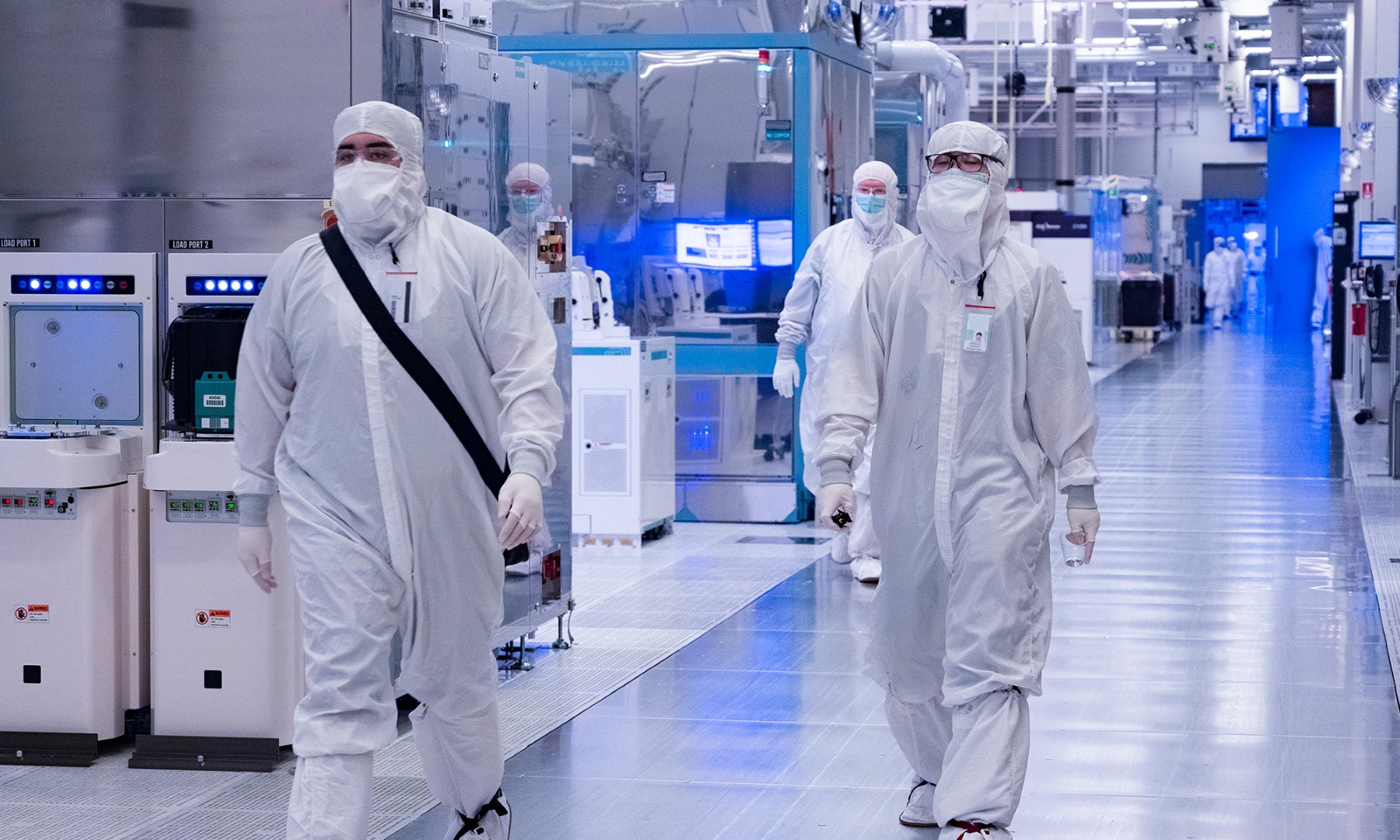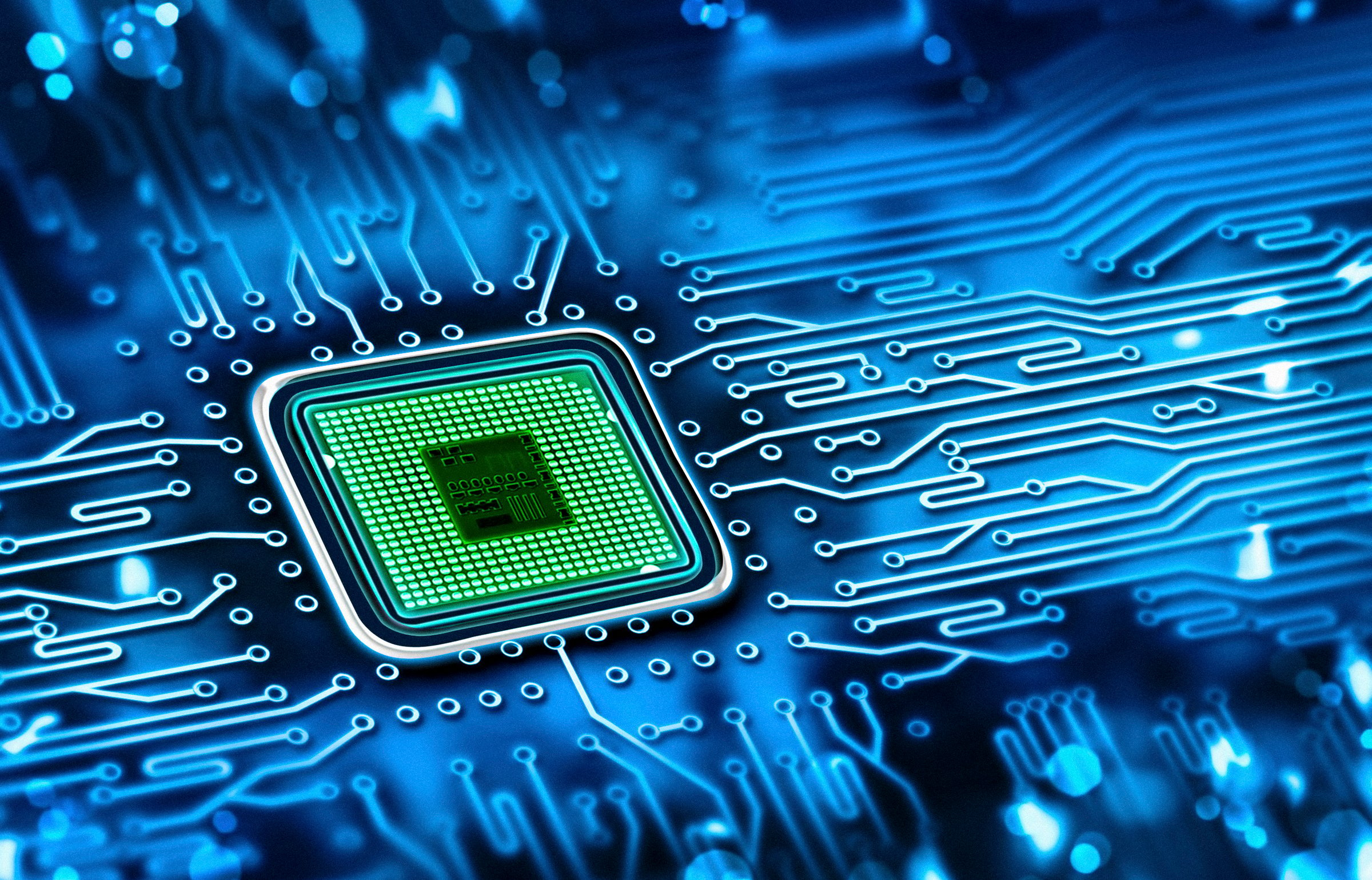Companies that still rely on the personal computer for sales and profits are in a tough spot. It's been well-documented for years that the PC is in a structural, perhaps irreversible, decline. The rise of tablets and other mobile devices has put a serious dent in demand for personal computers. Now, recent data from two separate industry research firms confirms suspicions that the slide in PC demand continues.
For companies in the technology sector that still rely on the personal computer for a significant portion of their businesses, including Hewlett-Packard (HPQ +0.26%), Intel (INTC 4.50%), and to a lesser extent Microsoft (MSFT 0.83%), it looks like a recovery in PC demand will take longer to materialize than many investors would like.
Shipments keep sliding
In the first quarter of 2014, market research firms IDC and Gartner both found that PC shipments fell. In all, shipment volumes over the first three months of the year fell 4.4%, according to IDC. Gartner found that shipments dropped 1.7% in the same period.
Although the findings were slightly different, both tell the same over-arching story. The shift toward tablets and smartphones and away from traditional laptops and desktops proceeds unabated. In a statement, IDC said, "the transition to more mobile devices and usage modes is unlikely to stop. There is potential for PC shipments to stabilize, but not much opportunity for growth."
That last statement stems from the fact that shipment declines were less than projected. Both research firms stated that shipments in the first quarter did better because many companies replaced their PCs before the end of Windows XP, which Microsoft recently stopped supporting. Still, the first quarter of 2014 was the eighth consecutive quarter in which PC shipments fell.
Earnings results in focus
Intel is due to release its first-quarter earnings on Tuesday, April 15. It will be critical for the chip giant to show not just stabilization in its core PC market, but also any signs of meaningful penetration in mobile devices. Intel was famously late to the smartphone party and has been playing catch-up ever since, with little results to show for its efforts so far.
Intel's revenue and earnings per share fell 1% and 11%, respectively, last year. Its slowing sales were exacerbated by rising costs as it furiously tried to build out its presence in mobile devices. Management previously stated its desire to increase tablet processors by four-fold this year. To accomplish this, Intel plans to increase investment in the tablet market by more than 75% in 2014, compared to two years ago.
For its part, HP is in the midst of its own turnaround plan. It's worked in the sense that the company's stock price has surged over the past year, but its underlying business has yet to improve substantially. HP's revenue declined by nearly 7% last year, due mostly to the fact that HP still leans heavily on personal computers and printers. Its printers and personal systems division, which represents approximately half of the company's revenue, posted a 7% drop in sales last year.
By contrast, Microsoft seems to have finally broken away from the PC, thanks to its focus on cloud-based services. Gross margin on its commercial licensing business reached 92% over the first half of its current fiscal year. Microsoft's cloud-based offerings are performing tremendously. Its commercial cloud services, which include Office 365, Azure, and Dynamics CRM Online, more than doubled quarterly revenue versus the same quarter last year. This led to total revenue jumping 15% over the first two fiscal quarters.
The Foolish bottom line
Intel and HP, which still depend on the personal computer, have tried for many years to stem the decline. While a turnaround may materialize, it hasn't happened yet. Recent data from IDC and Gartner that reveals the continuing slide in global PC shipments means the trend is still continuing.
Intel is investing heavily in research and development to finally try to get its chips into mobile devices, while HP is still weighed down by a large printers and PC business, which is still in decline. At this point, it seems that Microsoft is the only one of the three to have successfully engineered its transition away from the PC.








